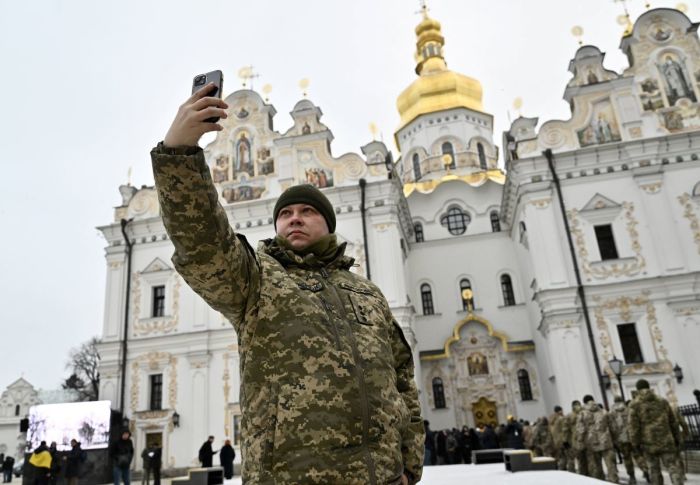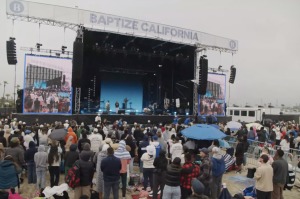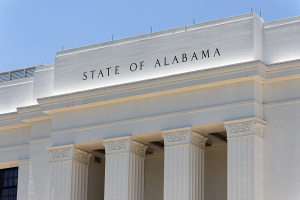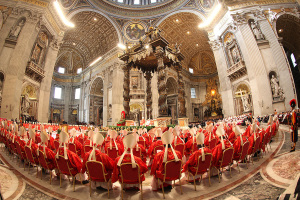Ukraine orders Orthodox church with Russia ties to vacate historic Kyiv monastery

Russian Orthodox Church Patriarch Kirill has called on other religious leaders, including Pope Francis, to urge Ukraine not to close down a monastery historically tied to Russia.
Last Friday, Ukrainian officials told the Ukrainian Orthodox Church to vacate the 980-year-old Kyiv-Pechersk Lavra monastery complex in the embattled nation's capital, according to Reuters.
The denomination has been given until March 29 to obey the order. Although the UOC has historical ties to the Russian Orthodox Church, it severed its ties with the Moscow patriarchate last year in response to the Russian invasion.
In a statement, the Ukrainian culture ministry claimed that UOC "violated the terms of the agreement regarding the use of state property" but didn't say how. The UOC contends it is a victim of a political witch hunt.
Patriarch Kirill implored on Saturday for faith leaders to "make every effort to prevent the forced closure of the monastery, which will lead to a violation of the rights of millions of Ukrainian believers," stated Reuters in a follow-up report.
The Russian Orthodox leader appealed to multiple faith leaders, including Pope Francis, Archbishop of Canterbury Justin Welby, Pope Tawadros of Egypt's Coptic Church, and secular leaders, including United Nations Secretary-General Antonio Guterres and U.N. human rights chief Volker Turk.
Patriarch Kirill has openly supported Russian President Vladimir Putin's invasion of Ukraine, prompting outrage and backlash from other Orthodox clergy.
Over the past several months, Ukrainian authorities have been cracking down on the UOC, accusing the Orthodox denomination of advancing pro-Russian ideas amid the invasion.
This has included raids on multiple UOC properties in which Ukrainian authorities have claimed to have found pro-Russian literature, which they argue undermines the war effort.
UOC Bishop Metropolitan Klyment has argued that the raids by Ukrainian security forces have shown no evidence of disloyalty and has stressed how UOC members are among those fighting the Russian invaders.
"There was no mention in the findings of weapons or saboteurs. What they said they found was printed matter, documents, which are not prohibited under Ukrainian law," Klyment told CNN in an interview in January.
"Members of the Ukrainian Orthodox ... are citizens of Ukraine, and sometimes among the best citizens of Ukraine, proving their patriotism with their own lives."
Last December, Ukrainian officials ordered punitive measures against seven Orthodox Church clergy who allegedly had sympathetic ties to Russia. These actions included seizing the assets of the clergy, banning them from certain economic activities and barring them from traveling.
"We are doing everything to ensure that no strings are available to be pulled by the aggressor state that could make Ukrainian society suffer," stated Ukrainian President Volodymyr Zelensky at the time.
Some advocates have expressed concern over the Ukrainian government's measures, believing that they wrongfully interfere with the freedom of religion in Ukraine.
"Zelensky's ban on the religious activities of the UOC, despite its formal split from Moscow, effectively curtails the spiritual practices of millions of already beleaguered Ukrainian people," wrote columnist and podcaster Hedieh Mirahmadi Mirahmadi in an op-ed for The Christian Post.
"We claim Ukraine's battle against Russia is a fight for democracy, but sending the army into monasteries is not promoting liberty. This latest move by our ally in Ukraine should be grounds for a loud outcry from Christians, regardless of where we stand on the political spectrum."





























